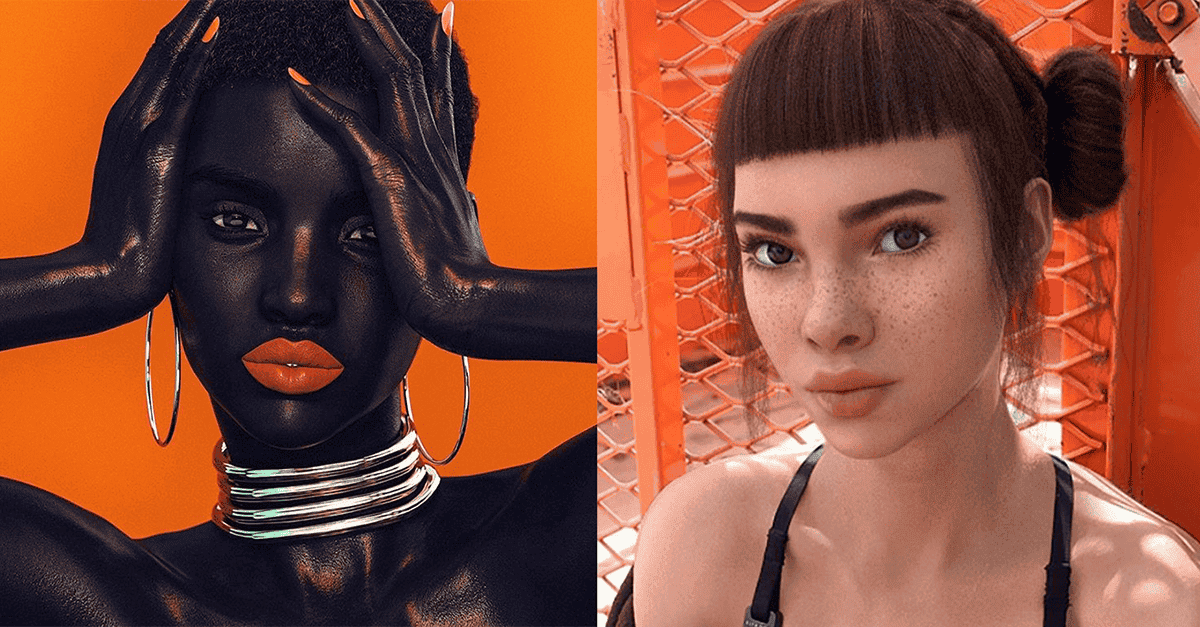
AI Business insights
Are AI-Generated Influencers the Future? Pros, Pitfalls, and Marketing Impact
Are We Ready for AI-Generated Influencers? The Pros and Pitfalls
The rise of AI-generated influencers marks a fascinating shift in digital marketing. These virtual personas, crafted through advanced AI and computer graphics, present a blend of opportunities and challenges for brands navigating this rapidly changing landscape. As we consider their place in modern campaigns, the question remains: is the marketing world ready to embrace them?
The Allure of AI-Generated Influencers
AI-generated influencers, or virtual influencers, are meticulously designed digital characters programmed to engage audiences on social media. Unlike human influencers, they can be tailored to reflect specific traits, behaviours, and aesthetics that align perfectly with a brand’s identity. This precision eliminates the unpredictability of human collaborations, ensuring consistency across campaigns.
Lil Miquela, one of the most well-known virtual influencers, boasts millions of followers and partnerships with major brands. Her success exemplifies the potential reach and impact of these digital entities, demonstrating that AI-generated influencers can rival their human counterparts in the race for audience attention.
Advantages of Embracing Virtual Influencers
Virtual influencers come with several distinct benefits:
- Consistency and Control
Brands can shape every aspect of an AI influencer’s persona and messaging, reducing the risk of off-brand behaviour that might occur with human collaborators. - Cost Efficiency
While the initial investment in creating a virtual influencer can be high, it eliminates ongoing costs like travel, accommodation, or talent fees, potentially offering long-term savings. - Scalability
AI influencers can produce a high volume of content quickly and without the constraints of human schedules, making them invaluable for maintaining a dynamic, always-on social media presence.
At CI Group, we’ve seen the value of scalability in marketing campaigns—AI influencers amplify this advantage further by offering unmatched flexibility and output.
Challenges and Considerations
Despite their allure, AI-generated influencers also raise some important challenges:
- Authenticity
Modern consumers crave genuine connections. Knowing an influencer is AI-generated can create scepticism, potentially limiting emotional engagement. - Ethical Implications
Transparency is critical. Brands must clearly disclose the artificial nature of virtual influencers to maintain trust and avoid misleading their audiences. - Quality and Effectiveness
While AI technology has advanced significantly, the content generated by virtual influencers may still lack the emotional depth and relatability of human-led campaigns. Robotic demeanours and overly scripted outputs can alienate audiences, leading to diminished engagement.
Strategic Recommendations
For brands considering AI-generated influencers, success depends on thoughtful integration:
- Transparent Communication
Always disclose when an influencer is AI-generated. Transparency builds trust and avoids alienating audiences. - Audience Analysis
Determine whether your target demographic is receptive to virtual influencers, as acceptance levels may vary significantly across age groups and market segments. - Balanced Approach
A hybrid strategy that combines AI influencers with human influencers can balance authenticity with reliability, offering the best of both worlds.
Brands must consider authenticity, ethical transparency, and audience receptivity to maximise the impact of virtual influencers.
At CI Group, we understand that innovation should enhance, not overshadow, the human connections at the heart of great campaigns. If your brand is exploring the potential of AI influencers, let’s discuss how to integrate them effectively into your strategy.
Let’s Talk.
